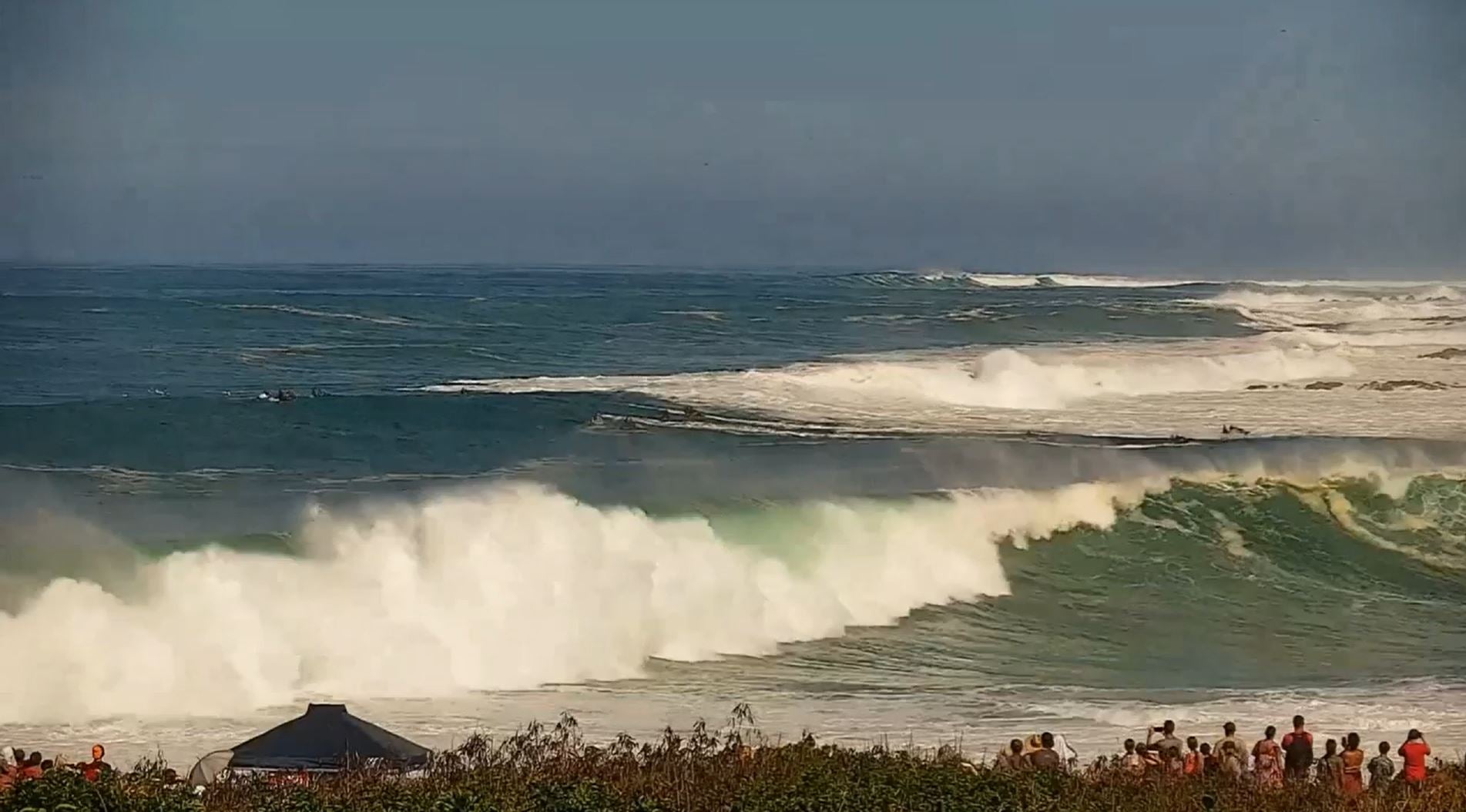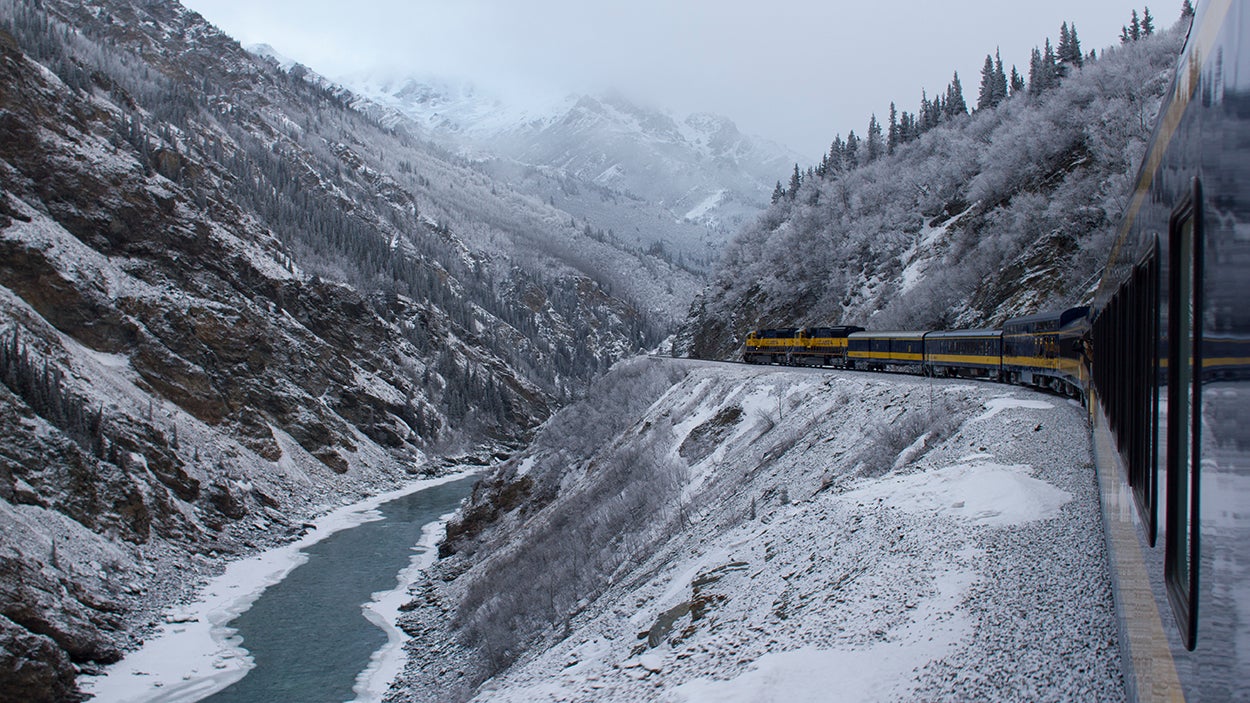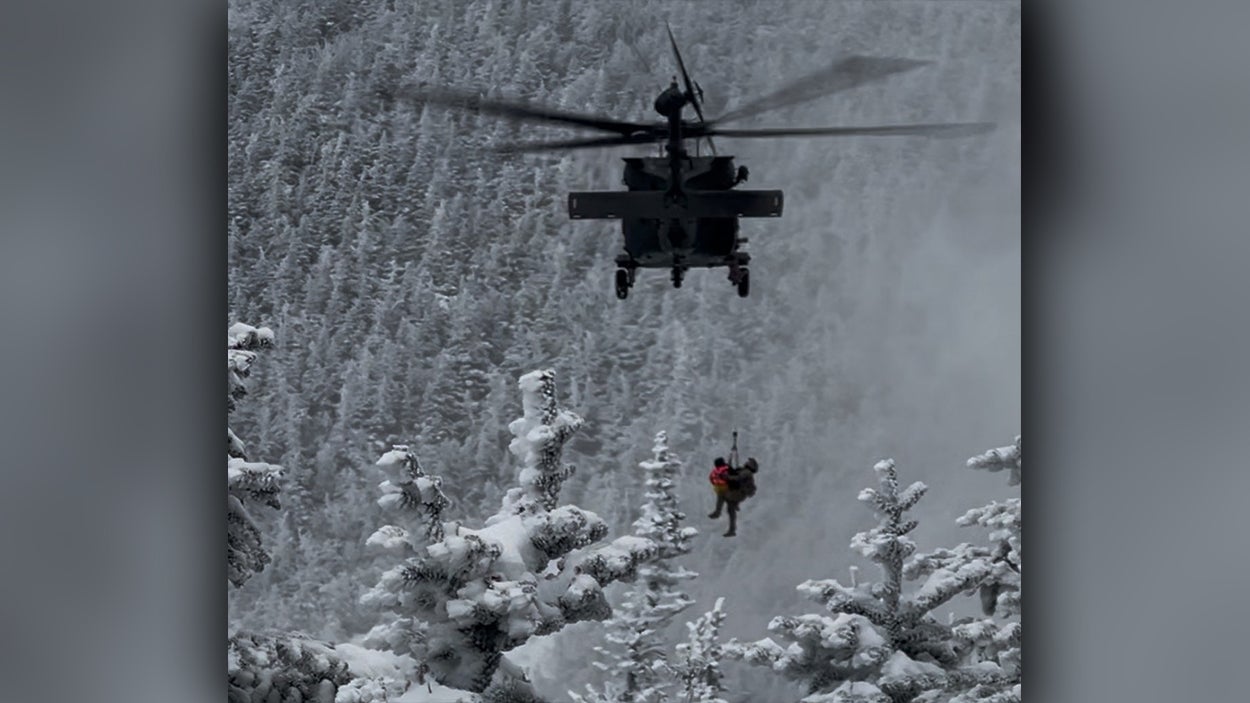The endangered pupfish in Death Valley National Park had their world rocked Thursday when the magnitude 7.0 earthquake that struck off the Northern California coast sent tremors through their delicate habitat 500 miles away.Known as the Devils Hole Pupfish, the animals live in a deep, water-filled cave that lends the fish their name. The National Park Service said this cave is the only place in the world where Devils Hole Pupfish live, and there’s just a total of just over 200.On Thursday, the water inside Devils Hole started sloshing with waves rising nearly 2 feet high. Officials said this happened a couple of minutes after the major earthquake struck about 40 miles off the northern California coast. WATCH: MAJOR EARTHQUAKE OFF WEST COAST CAUSES SHAKING IN CALIFORNIA, OREGONThe waves disrupted the shallow shelf inside the Devils Hole, the pupfish’s spawning area, knocking most of the organic matter from the shelf into the 500-foot-deep cavern, the NPS said.Officials noted that this can have both negative and positive impacts on the pupfish.”In the short term, this is bad for the pupfish,” said NPS biologist Dr. Kevin Wilson. “A lot of pupfish food just sank deeper into the cave, most likely too deep for the fish to get to it. There were likely pupfish eggs on the shelf that were destroyed. But, in the long term, this type of reset is good for the pupfish. It cleaned off any decaying organic matter that could otherwise cause pockets of low oxygen.” These waves, known as “seiches”, are nothing new for the Devils Hole Pupfish.In fact, recent seiches caused by a magnitude 7.9 earthquake in the Gulf of Alaska in 2018, a magnitude 7.1 earthquake in California in 2019 and a magnitude 7.6 earthquake in Mexico in 2022 resulted in the pupfish increasing their spawning activity, according to the NPS.HOW TO WATCH FOX WEATHERTo ensure the well-being of the Devils Hole Pupfish after this week’s earthquake, biologists with the NPS, U.S. Fish and Wildlife Service and Nevada Department of Wildlife are planning on mitigating the disruption on the fish by increasing the amount of supplemental food they are given.






